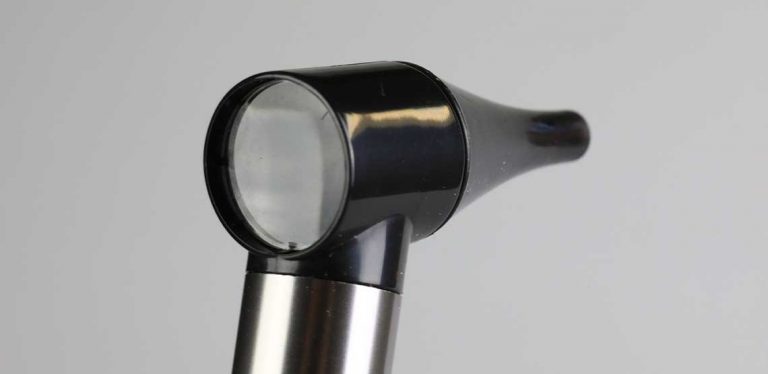How to Cure Ear Infections
We rely on our ears for everything, and it can be very uncomfortable when they do not work. Ear infections are a common affliction millions of people experience every day. Although they start out small and harmless, they can evolve into bigger problems over time if they are not taken seriously enough. So, here you will find out how to cure ear infections.
What is an Ear Infection?
Ear infections are a phenomenon that happens when a pathogen forces fluid to get trapped in the middle ear. This can be caused by viruses, bacteria, or allergens. Although this condition primarily affects children, anyone can experience an ear infection.
What Are the Symptoms of an Ear Infection?
Ear infections cause a number of bothersome symptoms. These signs may include:
- Drainage: Some individuals may observe a thick, yellow fluid oozing from the ears.
- Pain: An earache is a chief symptom of an ear infection. How one experiences pain will vary between patients depending on the type of infection. Pain can be sharp, sudden, full, or constant. Sometimes, very sharp stabbing pain is directly connected with episodes of drainage.
- Pressure: Victims of an ear infection may feel a weird sense of “fullness” in their ears. It may feel as though your ears “need to be popped.”
- Hearing disturbances: This fullness may be accompanied by dull hearing. Muffled hearing is a common symptom.
- Nausea: The middle ear plays a chief role in balancing, and disturbances may cause dizziness or nausea.
- Fever: Elevated body temperatures are a common sign of infection. If you have a fever, call your doctor immediately as it may be a sign of a more severe infection.
Related Search Topics (Ads)
While it is easy for adults to indicate their symptoms, children may not be as straightforward as adults. Although a child may not tell you their symptoms directly, there are some signs that a child may be suffering from an ear infection:
- Grabbing ears: A child may instinctively tug at their ears when they experience pain in them.
- Irritability: When dealing with an ear infection, they may find it difficult to express themselves and be extra stressed with the pain. Being agitated or irritable is common with a sick child.
- Low appetite: The stress of infection may cause some children to lose their appetite. If you notice your child eating less in combination with other symptoms, call their pediatrician.
- Crying: An uncomfortable earache may explain excessive crying. This is likely to occur more often when the child is lying down, as that may exacerbate symptoms. Even if they do not cry out loud, pain while lying down may lead to sleep loss.
How To Cure An Ear Infection
There are many ways a doctor may decide to treat an ear infection. In cases where the infection is bacterial, antibiotics may be prescribed. In most cases, ear infections are caused by a virus. Unfortunately, viruses cannot be treated with antibiotics. So, how does one cure an ear infection?
Doctors may recommend medication to treat the symptoms, such as pain killers. In cases where ear infections are consistent, doctors may need to take more invasive measures.
A physician may recommend a treatment called a myringotomy. The doctor would puncture the eardrum to allow the trapped fluid to drain out and then insert a tube to help prevent future drainage. The tube falls out on its own in about six months to a year. Tubes are common in children, and it is a relatively safe procedure.
Are There Natural Remedies for Ear Infections?
You can ask your doctor if there are any natural remedies they would recommend for treating ear infections. There are also several holistic approaches you can consider towards battling ear infections. These include:
- Warm compresses
- Gargling saltwater
- Standing up straight (or feeding babies bottles while standing up)
- Quitting smoking/avoiding being in the vicinity of smoking
While these holistic approaches are effective, keep in mind that they cannot replace medical interventions in an emergency.
When Should I Visit the Doctor?
It’s important you visit the doctor as soon as you experience any worrying symptoms. Trained medical physicians are qualified individuals who can offer expert advice on any medical problem. Refer to your primary care physician if you have any signs of infection. Dealing with medical conditions under medical supervision greatly reduces the chances of experiencing complications.

